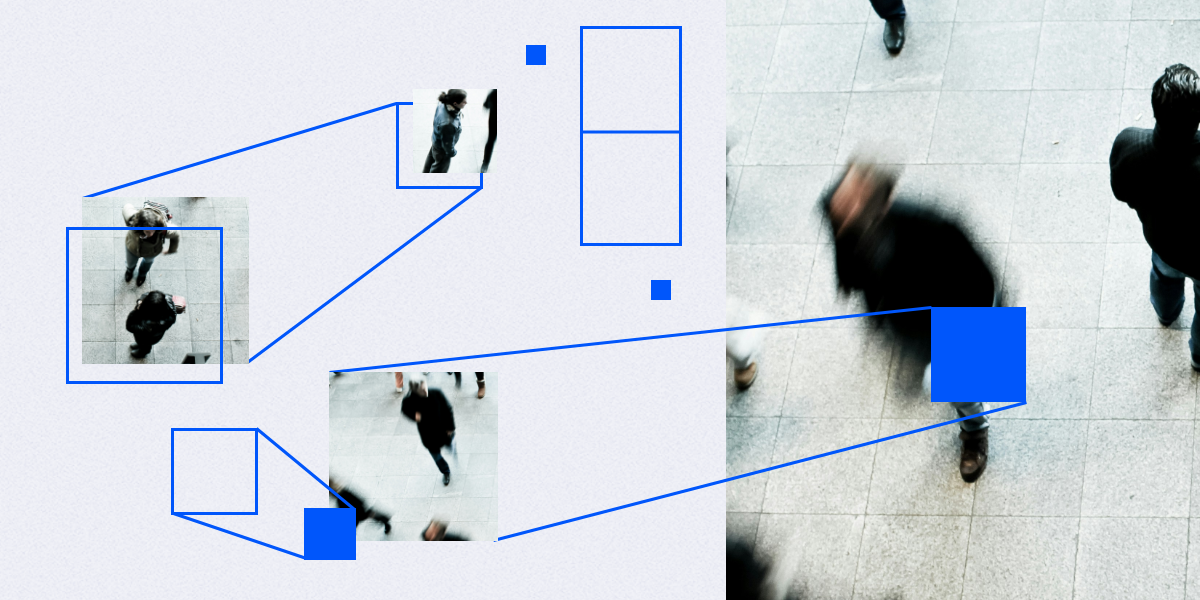Stakes are high for hundreds of special purpose acquisition companies (SPACs) holding investor funds that must be used to complete mergers with private companies and take them public before their window of opportunity runs out.
As shell entities listed in public stock exchanges formed with the intent to use investor funds to complete IPOs for acquired private companies, SPACs and their management teams must act swiftly as a two-year time clock begins ticking down from the moment they take on investor funds. Pressure to “de-SPAC”—merge a private company with a SPAC to go public—is creating some additional risk on top of the inherent to these deals, requiring critical evaluation of risk areas in any potential merger.
Consider this: in the four years between 2016 and the end of 2019, only 104 de-SPAC transactions were announced. Starting in 2020, SPACs became a preferred route for IPO in the U.S. According to SPACInsider, the number of SPACs jumped from 59 in 2019 to 252 in 2020 and now 637 so far this year. Of those 637 SPACs active today, 314 are still searching for the right private company to take public—that’s nearly half, and while 288 SPACs have filed for IPO, only 1 has been completed thus far.
Given the short time window to de-SPAC, there is a rush to close deals or else have the entity languish and investor funds returned. The rush to merge is on top of the unprecedented number of SPACs in today’s market, creating significant competition. The number of suitable U.S. targets for SPACs is diminishing, driving SPAC teams to look overseas for IPO prospects and thereby creating a new layer of risk to be evaluated in the due diligence process.
The impetus to de-SPAC is driven by the race to the finish line, a timed marathon that requires trusted, experienced participants who can successfully pass the proverbial baton. Yet for many of the new SPACs formed since 2020, this is their first time taking a company public. Having the right due diligence team providing clarity on the path to IPO is critical.
Moreover, de-SPACs have recently come under scrutiny from the U.S. Securities and Exchange Commission (SEC), specifically examining the rules around financial projections. Financial projections made in a de-SPAC are not covered by the Private Securities Litigation Reform Act of 1995 (PSLRA), which means any forward-looking projections made for a soon-to-be public company via a de-SPAC transaction are not awarded the same liability protections given for financial projections made as private companies. This interpretation of the PSLRA was seemingly reinforced based on statements made in April by current Acting Director of the SEC David Saltiel, and the SEC is expected to release new guidance soon.
Vcheck Global has years of combined experience in M&A and now SPAC due diligence, helping SPAC sponsors in search of the right deal over the past year to properly investigate and report on potential acquisition targets. Avoiding being part of a possible SPAC liquidation due to inability to de-SPAC means finding a private company and performing the necessary due diligence to get the deal done quickly and efficiently. If you’re involved in a SPAC and need to vet private companies that you may wish to help take public, Vcheck Global’s team of skilled investigators are ready to assist. Contact us here.

